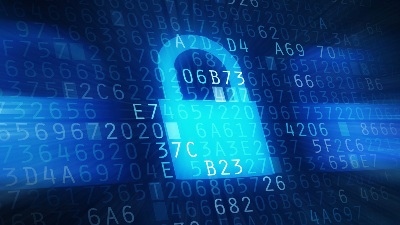 Do s & don’t s of NAS Failure:
Do s & don’t s of NAS Failure:
✘ Don’t reinitialize the NAS, if you receive any error notification
✘ Don’t start the rebuilding of the newly installed drive without checking the health of all the other drives individually.
✘ Don’t remove Drives from the Bay without labeling them with their positions in a NAS Box.
RAID Failures
✔ If you regularly backup your data on tape occasionally restore your data and check the conditions of thetape disks. It may give you trouble at the last moment.
✔ Fully document your storage array configuration during initial setup, including the physical arrangement and order of connection for all component devices, especially the disk drives.
✔ Furnish information about to Recovery Company about the Original RAID controllers as well as native RAID chipsets embedded into modern motherboards.
✔ Maintain sequence of array members by tagging the physical disk drive units
✔ While replacing the faulty drive, always ensure that the new drive is zero filled
✘ Don’t try anything unless you are ultimately familiar with the hard disks,configurations and controller routines.
✘ Never run any defragment utilizes without knowing the health status of individual drives
✘ Never try rebuild if more than one drive fails / is offline.

LOST / DELETED or NOT ABLE TO ACCESS YOUR DATA??????
Relax, data is definitely recoverable!
Follow these unspoken principles of data recovery
Standone Alone Disk Failures
✔ Stay calm and note down, whatever you do with the system for later reference
✔ If the drive is making clicking/ grinding noise, turn off the system immediately
✔ If system response or data access is slow, take backup immediately
✔ Check all the power and data connections of the drive.
✔ If Hard disk is disconnecting frequently by itself, remove Hard disk and contact professionals
✔ In case wanting to run a software recovery, use a trusted software on image of the drive and not original!
✘ Don’t listen to your friends or continue to look for home remedies on Google.
✘ Don’t try to swap circuit boards on modern disks, it may only enhance the problem
✘ Don’t open your Hard disk; leave it for professional labs to do it, if you suspect hardware failure.
✘ Don’t deli berately hit the hard drive or tap it with a screw driver, in a desperate attempt to start it.
✘ Don’t heat Or freeze the hard drive, as it can cause further damage to the drive,
✘ Don’t continue to power cycle a clicking or non responsive disk; it will only further damage.
 Hard Disk Drive Precautions.
Hard Disk Drive Precautions.
✔ Always keep device on stable platform
✔ Allow adequate space around external drives’ cooling vents; remove books, papers, etc., which might block airflow.
✔ Defragment Your Hard Disks Regularly basis
✔ All computer equipment should be protected with high quality surge protectors or line conditioners
✘ Never move or jar a drive or computer while it is operating. Doing so could cause media damage
✔ If you must disconnect USB or FireWire peripheral devices while the computer is on, use extreme care.Besure external drives have stopped spinning before picking up or moving them


